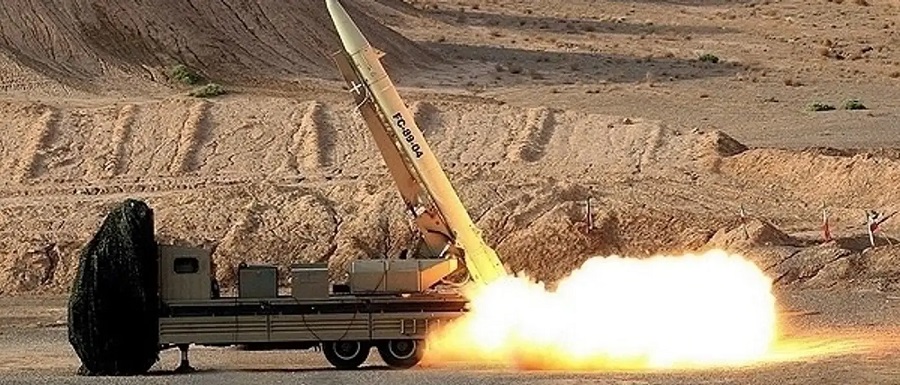The U.S. has alerted allies about Iran's shipment of hundreds of short-range ballistic missiles to Russia, intensifying concerns over the ongoing conflict in Ukraine. In response, the U.S., EU, and partners are formulating new sanctions aimed at curbing military collaboration between the two nations.
Iran Supplies Ballistic Missiles to Russia: U.S. Allies Prepare Sanctions


Iran's Supply of Ballistic Missiles to Russia: A Human-Interest Perspective
In a recent development that could reshape geopolitical dynamics, the United States has informed its allies that Iran has been supplying Russia with short-range ballistic missiles. Reports indicate that hundreds of these missiles have already been dispatched to support Russia's military efforts, particularly in the ongoing conflict in Ukraine. This revelation has sparked concerns among nations around the world, prompting discussions about the implications for international security and humanitarian issues.
The transfer of military equipment, especially missiles capable of significant destruction, raises alarms not only for those directly involved in the conflict but also for global stability. Civilians in Ukraine continue to bear the brunt of the violence, with missile strikes causing widespread devastation and loss of life. Each new shipment of weapons can exacerbate an already dire humanitarian situation, leaving communities in fear and uncertainty.
Amidst these tensions, the U.S. and its allies, including the European Union, are working on a new set of sanctions aimed at Iran and Russia. The goal is to deter further military cooperation between the two nations and to hold them accountable for actions that threaten global peace. These sanctions are not just political maneuvers; they represent a collective effort to protect innocent lives and uphold human rights in a region plagued by conflict.
For many in the international community, the news of Iran's missile shipments serves as a stark reminder of the interconnectedness of global affairs. The actions of one nation can have far-reaching consequences, affecting the lives of countless individuals. Humanitarian organizations are already voicing their concerns, emphasizing the need for immediate assistance to those affected by the ongoing violence. They call for increased support for displaced families, medical aid for the injured, and resources for rebuilding communities shattered by war.
The emotional toll of conflict is profound. Families are torn apart, children are left without parents, and communities struggle to cope with the aftermath of violence. Each missile fired represents not just a strategic military decision but a personal tragedy for those caught in the crossfire. The stories of resilience and courage among civilians facing these challenges are often overshadowed by the political narratives that dominate the headlines. Yet, it is these human stories that underscore the urgent need for peace and understanding.
As the situation evolves, the role of diplomacy becomes increasingly critical. World leaders are urged to seek dialogue and negotiation, rather than escalation. The message is clear: military solutions often lead to further suffering. Emphasizing humanitarian efforts and diplomatic initiatives can pave the way for a resolution that prioritizes the safety and well-being of civilians.
Communities around the world are responding to this crisis with compassion and solidarity. Fundraising efforts, awareness campaigns, and advocacy for peace are taking shape as individuals rally to support those affected by the war. Grassroots movements are emerging, highlighting the power of collective action in the face of adversity. These initiatives remind us that even in the darkest times, hope and humanity can prevail.

 বাংলা
বাংলা  Spanish
Spanish  Arabic
Arabic  French
French  Chinese
Chinese 







